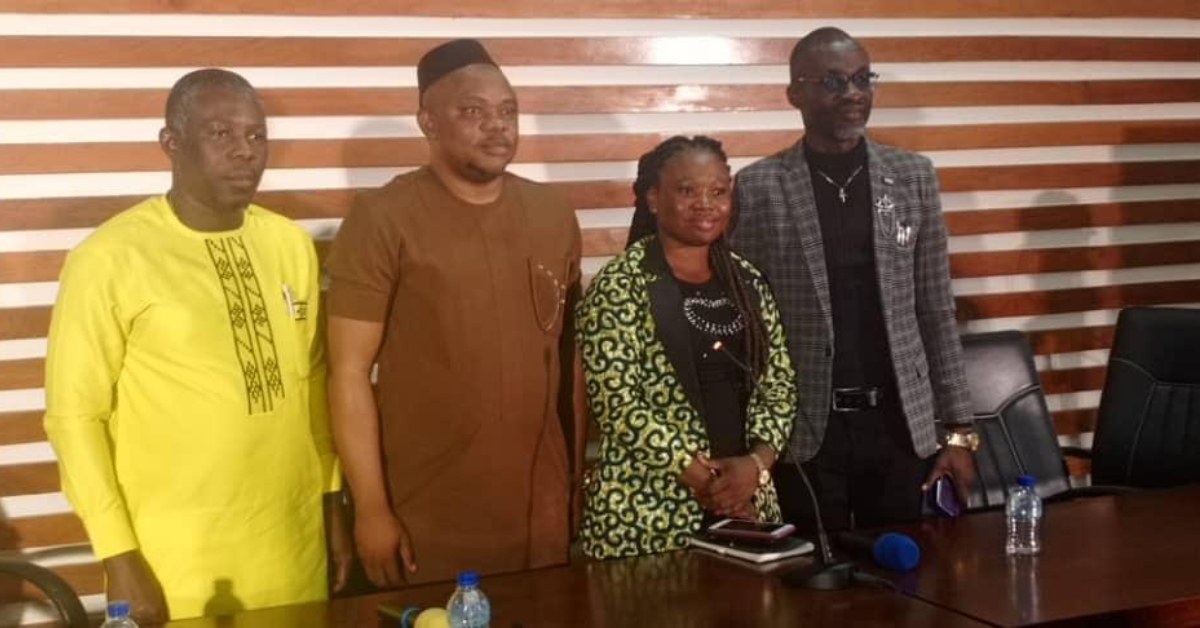Prince Charles Raymond Coker, Chairman of the All Political Parties Association (APPA) and former presidential candidate, has voiced his concerns over the terminology used to describe political parties based on their size. Addressing an audience on Tuesday, Coker emphasized that all political candidates, regardless of their party’s perceived influence, face the same financial burdens during elections.
Citing the 1996 election as an example, Coker recalled how the then-third place All People’s Congress (APC) shaped the political landscape, while the People’s Democratic Party (PDP) and the United National People’s Party (UNPP) played pivotal roles in the outcome. He urged for an end to labels such as “small” and “big” parties, asserting that political influence is dynamic and should not be underestimated.
Coker reaffirmed the APPA’s dedication to promoting national peace and dialogue, stressing that internal dissent within the association would be addressed constructively to preserve unity.
In a related development, Olushogo A. David, Executive Secretary of the Political Parties Regulation Commission (PPRC), reiterated the importance of opposition parties in the democratic process. David emphasized that smaller or underrepresented parties, even if unable to secure government positions, still represent constituencies that should not be ignored. He called for opposition parties to engage positively, offering solutions to enhance national development.
Meanwhile, Kumba Favour Amara, National President of the Young Women in Governance Network, called for the enforcement of the Political Party Act 2022, which prioritizes the inclusion of women, youth, and disabled individuals. She urged political leaders to uphold the “Not Too Young to Run” initiative, emphasizing the need for diverse voices in governance to ensure a fairer representation of all citizens.
These statements collectively underline the growing call for inclusivity and recognition of underrepresented groups in Sierra Leone’s political arena.












Caulker your leaked audio sometimes back render APPA useless and a club that doesn’t worth it salt to advocate fr right thinking Sierra Leoneans. You said in that your audio that you have to survive and so doing you must tow the lines of government in order to survive. You’re such a disgrace.